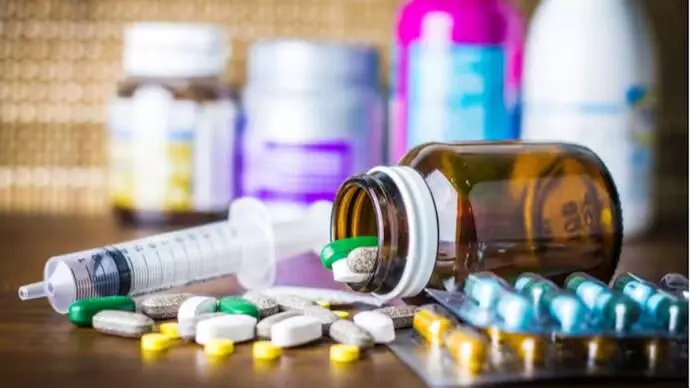Centre orders CBI probe into alleged supply of substandard medicines in Delhi govt hospitals

New Delhi: The Union Home Ministry has ordered a Central Bureau of Investigation (CBI) inquiry into the alleged supply of “substandard” medicines in Delhi government hospitals, following a recommendation by Delhi Lieutenant Governor V K Saxena. The probe will also investigate whether these drugs were distributed through the government’s popular mohalla clinics. Saxena raised the alarm in December, stating the drugs “failed quality standard tests” and posed a potential threat to patients.
Delhi Health Minister Saurabh Bharadwaj welcomed the probe but demanded immediate suspension of the health department secretary. He accused the secretary of neglecting his own instructions for a medicines audit upon assuming office in March 2023. “Why is the Centre shielding him?” Bharadwaj questioned, stressing the need for his suspension.
The Delhi government’s Directorate of Vigilance initiated the request for a CBI probe, seeking a wider investigation beyond the Central Procurement Agency (CPA) involved in the drug purchase. Their concern: determining if these same “substandard” drugs reached patients through the popular “Mohalla Clinics.” Additionally, they advocated investigating the entire supply chain, including suppliers, manufacturers, and hospitals, to understand the full scope of the issue.
The Directorate’s letter highlighted the seriousness of the situation, stating, “Lifting the corporate veil to understand the motives of supplying ‘Not of Standard Quality’ drugs” is crucial.
Officials identified critical life-saving antibiotics like Cephalexin (lung and urinary tract infections), Dexamethasone (inflammation), Levetiracetam (epilepsy and anxiety), and Amlodepin (hypertension) among the allegedly substandard drugs.
Interestingly, the communication highlighted an existing CBI investigation into Delhi’s Mohalla Clinics, suggesting a potential connection. A vigilance department report further revealed that out of 86 total samples tested (43 in government labs, 43 in private labs), 8 failed (3 government, 5 private). Drugs like Amlodipine, Levetiracetam, and Pantoprazole failed tests in both labs, while Cephalexin and Dexamethasone failed only in private ones.
However, at a press conference, Bharadwaj clarified that only 5 of the “43 samples” from three hospitals were designated “not of standard quality.” He emphasised the absence of terms like “fake,” “imitation,” or “spurious” in the official report, arguing they misrepresent the situation.
He sought to dispel the “fear” among citizens and assure them that the drugs are neither spurious nor counterfeit, as alleged by the BJP.
Bharadwaj cited the report stating that all medicines were found to contain genuine salts. The issue, he explained, was not with the content but with the “dissolution,” meaning the time it takes for the medicine to dissolve in the stomach. He emphasised that this was not a safety concern and that the companies supplying these drugs also provide to hospitals across the country, including those run by the central government.
The minister clarified that testing drug samples is a routine practice, and if any sample falls below standards, the entire batch is returned, and payment to the firm is withheld. He cited data showing that 12 out of 281 samples in 2022-23 and 20 out of 651 in 2023-24 were found “not of standard quality,” which, he stressed, is normal practice.



